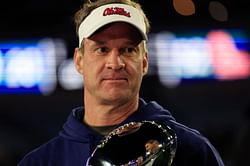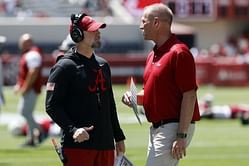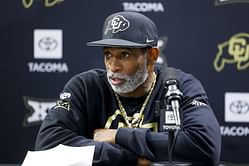
Texas Christian University (TCU) is a distinguished institution with a rich history, renowned for its academic excellence and athletic prowess. Founded in 1873 in Fort Worth, Texas, as AddRan Male and Female College, it has come a long way to become the esteemed TCU we know today. While the university's history is vast and significant, we'll delve into the fascinating journey of TCU's football team and the evolution of TCU Mascot Horned Frog
TCU's football program, tracing its origins to 1896, is integral to the university's identity. Notably, they secured national championships in 1935 and 1938, with luminaries like Sammy Baugh and Davey O'Brien. Baugh, a Pro Football Hall of Famer, and O'Brien, a Heisman Trophy recipient, left an enduring legacy. TCU boasts six Heisman finalists and six former players enshrined in the College Football Hall of Fame. Despite challenges in the late 20th century, coaches like Dennis Franchione and Gary Patterson engineered a remarkable resurgence. This included bowl victories, AP poll prominence reminiscent of the 1950s, multiple 11-win seasons, and a 2014 Big 12 conference title share.
In 2022, Sonny Dykes assumed leadership and swiftly guided TCU to its inaugural College Football Playoff appearance. Their remarkable journey featured a triumphant Fiesta Bowl semifinal victory against Michigan, though they narrowly missed claiming the national championship against Georgia. This Playoff appearance underscores TCU's esteemed status among the nation's top football programs. Notably, the Horned Frogs hold the fourth position in all-time final AP poll points among private schools, trailing only Notre Dame, USC, and Miami-FL. Additionally, they stand as one of just four FBS teams to have participated in all six College Football Playoff Bowls, securing victories in all but the Orange Bowl.
TCU Mascot Horned Frog
The origins of TCU's unique mascot, the Horned Frog, are deeply rooted in tradition and history. The tale begins in 1897 when the university, originally named AddRan Christian University, grappled with naming its yearly publication. Football had recently made its debut on campus, and the legend has it that the football field was abuzz with the presence of small but resilient horned lizards, commonly referred to as horned frogs.
Interestingly, an alternative mascot option was under consideration, which was deeply rooted in the Central Texas landscape – the cactus. However, the tenacious and uniquely Texan-horned frog captured the hearts of the university community and thus became the enduring symbol of TCU athletics.
TCU Mascot Horned Frog: A Symbol of Pride
TCU Mascot Horned Frog, affectionately known as Super Frog today, has evolved over the years to become an integral part of TCU's identity. Its journey from the yearbook cover in 1897 to the university seal in 1915 showcases its growing significance. During the post-World War II era, the Horned Frog Mascot found its way onto various university materials, from stationery and class rings to the bass drums of the university band.
In 1979, a significant change occurred when the TCU Mascot Horned Frog transitioned from Addy the All-American Frog to Super Frog. This transition reflected the enduring spirit and evolving identity of TCU. Super Frog embodies the determination and resilience that characterize the university's athletes and students alike.
FAQs on TCU mascot name
A. TCU was founded in 1873 as AddRan Male and Female College in Fort Worth, Texas.
A. TCU's football program has claimed national championships in 1935 and 1938 and produced legendary figures like Sammy Baugh and Davey O'Brien. They also rank fourth all-time in final AP poll points among private schools.
A. The Horned Frog mascot name originated in 1897 when the university's yearbook staff sought to name its annual publication. It was inspired by the presence of horned lizards on the football field.
A. The transition from "Addy the All-American Frog" to "Super Frog" occurred in 1979, marking a significant change in the mascot's identity.









